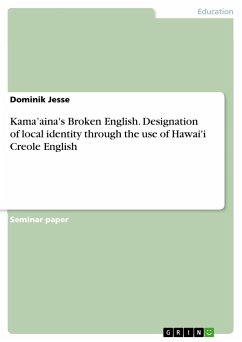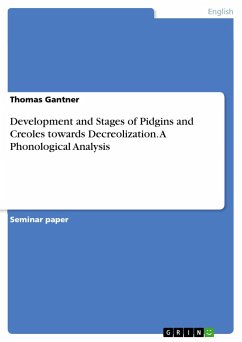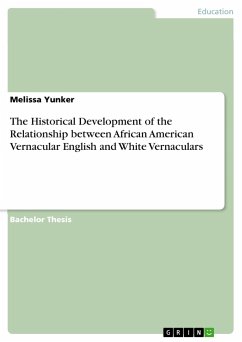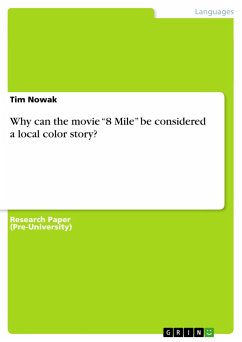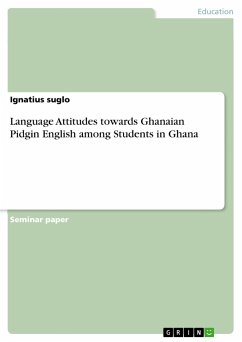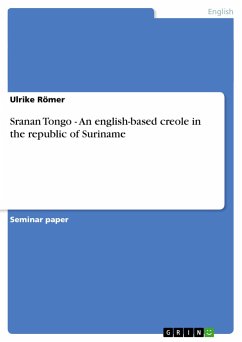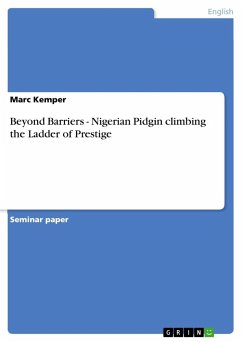Seminar paper from the year 2015 in the subject Didactics - English - Pedagogy, Literature Studies, grade: 1,3, Free University of Berlin (Englische Philologie), course: History of English, language: English, abstract: An integral part of the history of the English language is written in its linguistic varieties. Those varieties are often stigmatized by users of Standard English because of social, cultural, and historical characteristics that accompany their use. Such stigmatization has also arisen towards Hawai'i Creole English, an English-based language that is spoken by the majority of the residents of Hawai'i and exists alongside with Standard English and Hawaiian as the two official languages of the (federal) state of Hawai'i. Remarkably, apart from proponents of Standard English, even those who use HCE in their day-to-day communication often refer to it as 'broken English' and associate it with low educational and socio-economic status. Historically, this negative attitude towards HCE has its roots in social inequalities. Therefore, it has no linguistic base, but is "socially constructed". However, although the stigmatization has influenced even its speakers, HCE remains a means of designating local identity, be it embraced or disdained. Hence, the ability to apply HCE properly is considered to be an essential part of being a kama'aina - a 'local'. This local identity expressed by HCE is based upon cultural knowledge shared by people who were born and raised in Hawai'i and has been both reinforced and challenged by the increasing influence of Standard English on self-conception. Within this paper, it will be illustrated that HCE is used to express and maintain local identity by referring to a common cultural knowledge that is shared only by locals. Before being able to finally demonstrate in what manner local identity is confirmed by the use of HCE, it is inevitable to deal with the historical reality in which HCE emerged and illustrate on what local identity is based.

